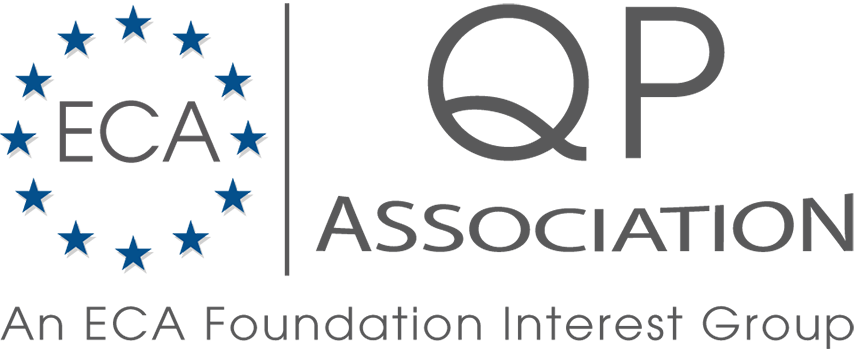How to become a QP for Europe
07/05/2014
Both the ECA Foundation and the European Qualified Person Association (EQPA) are often contacted by people who would like to become a Qualified Person (QP according the EU Directives) in a Member State of the European Union or outside the EU to release products for the EU market. Questions are for example: - "Can I become a QP and live and work outside the EU?"
- "I work for an American company that would like to export medicinal product to the EU. How can we hire a QP here in the U.S.?"
- "I am and Irish Citizen living and working in Australia. I am thinking about participating in a distance learning course, which also meets the requirement for persons seeking to become a QP. Is that possible?"
- "I'm a Spanish pharmacist working in Switzerland. I'm wondering how to proceed to become a Qualified Person. Which is the training that I have to follow to become QP in Europe?"
Unfortunately this is not as easy as one would think. To become a QP there are a few things that need to be considered: 1. The European Qualified Person is linked to a European Manufacturing authorization and licence (EU/ECC). 2. A QP is registered by the authority of the respective EU member state (or MRA-State). The requirements might differ from Member State to Member State. In Article 49 of Directive 2001/83 (for veterinary medicinal products, please read Article 53 of Directive 2001/82), the qualification level as well as the necessary experience of a QP is defined: (2) "A qualified person shall be in possession of a diploma, certificate or other evidence of formal qualifications awarded on completion of a university course of study, or a course recognized as equivalent by the Member State concerned, extending over a period of at least four years of theoretical and practical study in one of the following scientific disciplines: pharmacy, medicine, veterinary medicine, chemistry, pharmaceutical chemistry and technology, biology (…). The course shall include theoretical and practical study bearing upon at least the following basic subjects: - Applied physics
- General and inorganic chemistry
- Organic chemistry
- Analytical chemistry
- Pharmaceutical chemistry including analysis of medicinal products
- General and applied biochemistry (medical)
- Physiology
- Microbiology
- Pharmacology
- Pharmaceutical technology
- Toxicology
- Pharmacognosy (study of the composition and effects of the natural active substances of plant and animal origin).
(…) In so far as certain diplomas, certificates or other evidence of formal qualifications mentioned in the first subparagraph do not fulfil the criteria laid down in this paragraph, the competent authority of the Member State shall ensure that the person concerned provides evidence of adequate knowledge of the subjects involved." So, to act as a QP as defined in the EU Directives, you have to work in an EU Member State and fulfil the requirements of the directives. These requirements have to be transferred to national law in each EU Member State. However, there are a number of differences in the EU Member States due to the fact that each Member can implement the directives into national law with slight modifications. More information can also be found on the website of the European QP Association.
Conference Recommendations | |
|
|



